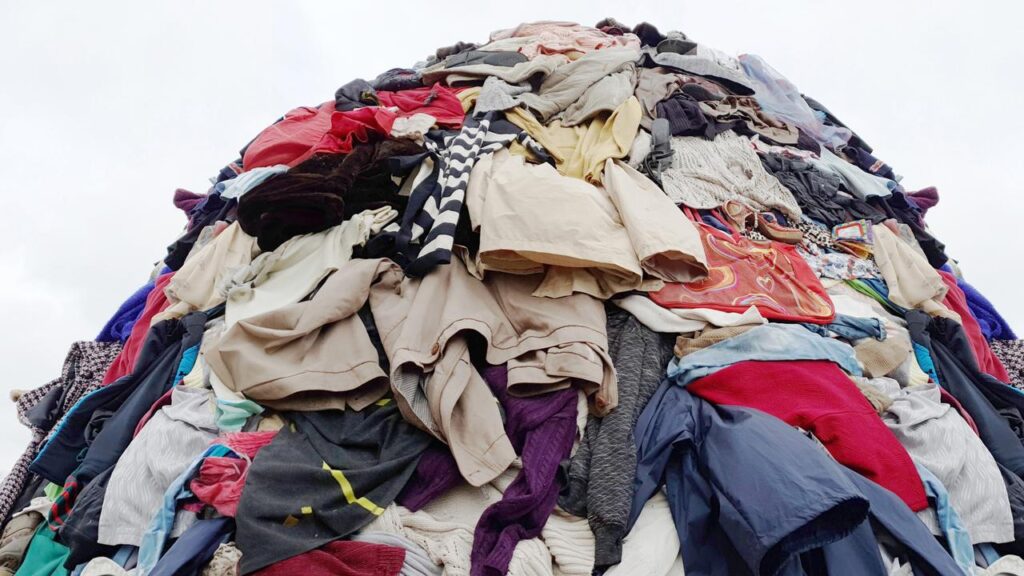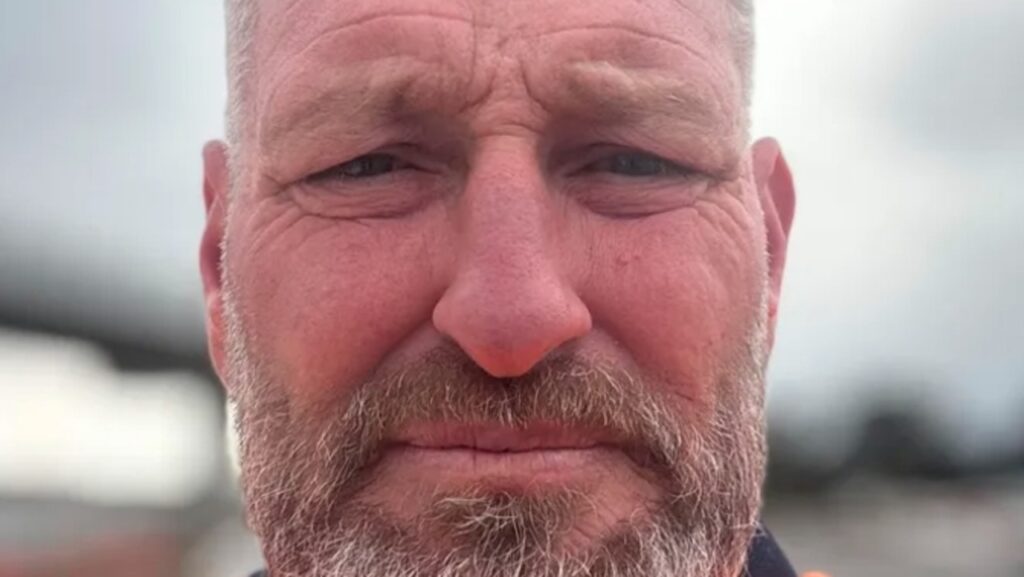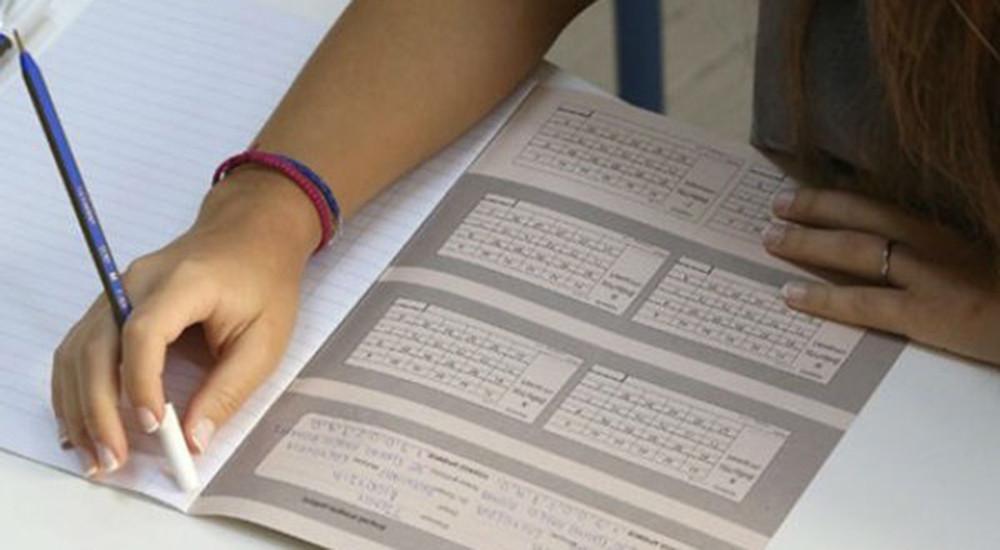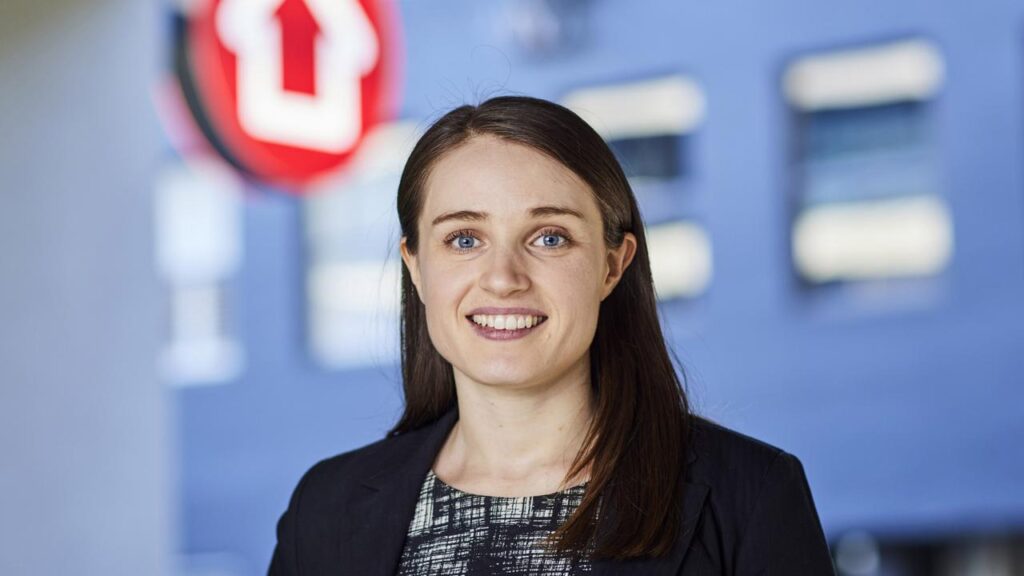‘Disturbing’ report reveals 4m Aussies can’t afford basic essentials
Written by admin on July 9, 2024
A disturbing new report has revealed more than four million Australians are living in hygiene poverty and skipped buying essential personal items or cleaning products because they can’t afford them.
Hygiene poverty is often a precursor to food and fuel poverty, as people are more likely to give up products like shampoo before they go without food.
The research conducted by charity Good360 Australia looked at how the cost-of-living crisis was impacting Australians.
It found that women, younger people and people living in South Australia and NSW were more likely to be impacted by hygiene poverty.
They had avoided social events or missed work because they could not afford hygiene items, and had kept their children home from daycare because they could not afford nappies.
Good360 Australia founder Alison Covington said it was something most Australians took for granted, with many not realising that millions of people couldn’t afford the simple products.
With the cost of living crisis putting pressure on various areas, Ms Covington said people were forced to make choices they should not have to make.
“It is hard for us to imagine that people have to choose between eating, heating or keeping clean,” she said.
“Some people just cannot afford those basic essentials like toothpaste or shampoo and are having to make choices to brush their teeth or wash their hair.
“These sorts of things are something that we should all be able to do, but it is affecting people’s lives and they are having to decline going to a social engagement or being able to go to work or to school.
“It is very disturbing.”
The research found that for 14 per cent of respondents it was the first time they had issues being able to afford personal hygiene or cleaning products.
St Vincent de Paul Matthew Talbot Hostel account manager Matthew Purchase said they tried to help people who came to their centre with hygiene products if they needed them, but there was never enough.
While the centre generally dealt with men aged over 21 years old, they were finding women had started going there to ask for help as well as a surge in younger men aged between 21 and 35-years old.
“It is not just homeless people, it is people in housing, in transitional housing, people in boarding houses struggling to pay rent,” he said.
“Since 2022, there has been an increase, not just in the homeless but people from the general public, we just get more and more people here all the time.
“We all know cost-of-living is going up and it has affected just about every Australian, but it affects those vulnerable people the worst.”
Mr Purchase said it would be great if the big supermarkets helped crisis services around the country with any essential items that likely got written off and ended up in landfill.
“A little bit back to the community would help,” he said.







